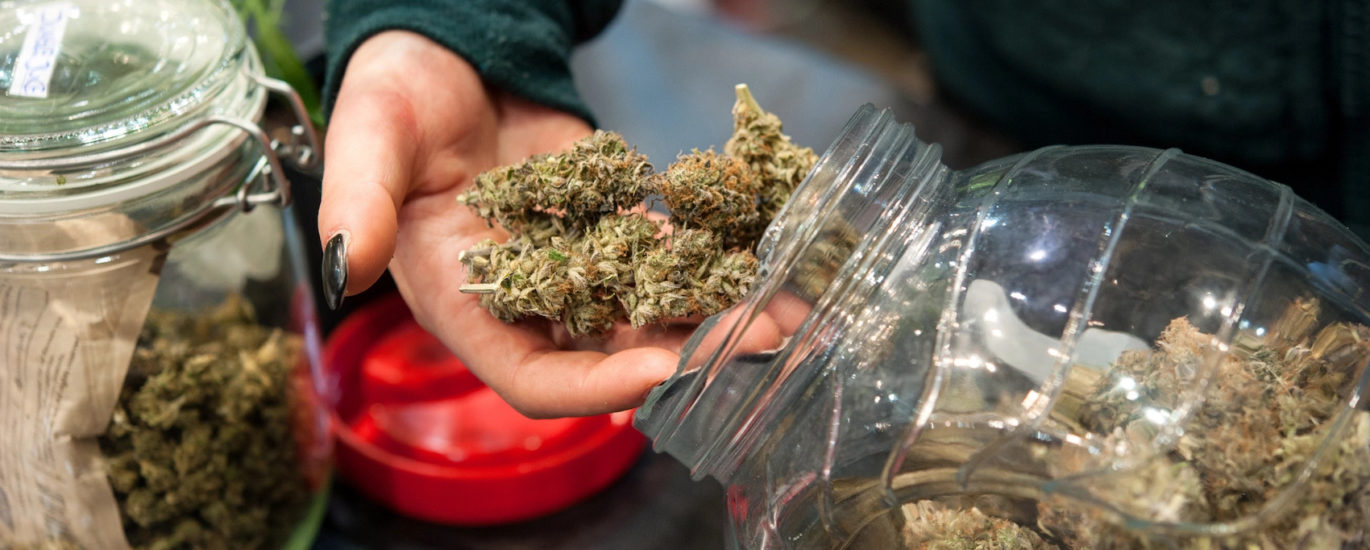Delta-8 tetrahydrocannabinol, also known as delta-8 THC, is a psychoactive chemical compound found in the Cannabis sativa plant, of which hemp and marijuana are two varieties. The cannabis plant naturally produces more than 100 cannabinoids, including delta-8 THC. However, delta-8 THC is not found in significant quantities in cannabis plants. Due to this, hemp-derived cannabidiol (CBD) is typically used to manufacture concentrated amounts of Delta 8 Dabs.
The FDA has not evaluated or approved delta-8 THC products for use in any context, so consumers should be aware of that fact. They may be marketed in ways that endanger public health, and as a result should be kept out of reach of children and pets.
The following are five things you should know about delta-8 THC to keep yourself and those you care about safe from products that could pose serious health risks:
1. FDA has not evaluated or approved Delta-8 THC products for safe use, thus putting public health at risk
The FDA is aware of the growing concerns surrounding the delta-8 THC products that are being sold online and in stores. FDA has not evaluated or approved the safety of these products. Among the concerns are the variable formulas and labeling of products, the content of other cannabinoids and terpenes, and the variable content of delta-8 THC. The FDA is also concerned about products containing delta-8 THC and being marketed for therapeutic or medical purposes, even though they are not approved by the agency. Some of these products may be labeled simply as “hemp products.” This might mislead consumers who see “hemp” as “non-psychoactive.”
2. Products containing delta-8 THC have been reported to the FDA as having adverse effects
There were 104 adverse events reported to the FDA by patients who consumed delta-8 THC products between December 1, 2020, and February 28, 2022. Among these 104 adverse event reports were:
- 77% of the patients were adults, 8% were pediatric patients under the age of 18, and 15% did not provide an age.
- The majority (55%) required intervention (e.g., emergency medical services evaluation or hospital admission).
- Sixty-six percent described adverse reactions after consuming food products containing delta-8 THC (e.g., brownies, gummies).
- These adverse events included, but were not limited to, hallucinations, vomiting, tremor, anxiety, dizziness, confusion, and loss of consciousness.
The national poison control centers received 2,362 exposure cases involving delta-8 THC products between January 1, 2021 (the date that the Delta-8 THC product code was added to the database), and February 28, 2022. Of the 2,362 exposure cases:
- 58% of the participants were adults, 41% were pediatric patients younger than 18 years, and 1% were unknown.
- Unintentional exposure to delta-8 THC accounted for 40% of these cases, and 82% of these cases affected pediatric patients.
3. Delta-8 THC has psychoactive and intoxicating properties
The psychoactive and intoxicating effects of delta-8 THC are similar to those of delta-9 THC (that is, the component that gives people a feeling of “high” when they use cannabis). The FDA is aware of media reports that delta-8 THC products are making consumers “high.” The FDA is also concerned that delta-8 THC products expose consumers to much higher levels of the substance than are naturally occurring in hemp cannabis raw extracts. Consequently, determining the safety of cannabis products in humans cannot be based on historical use.






